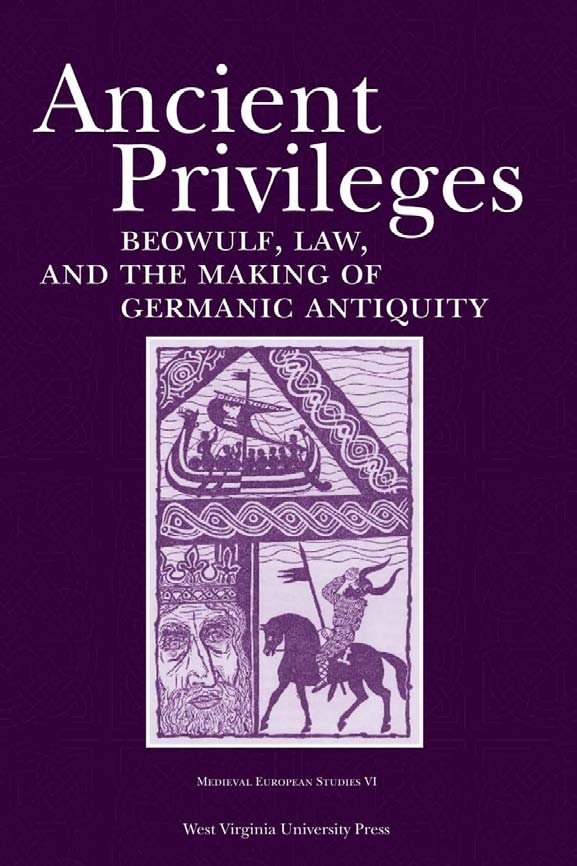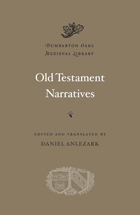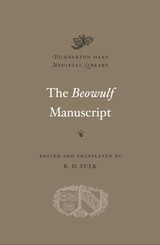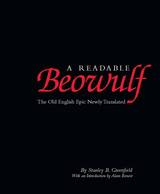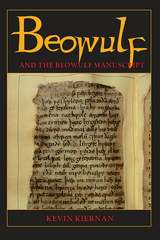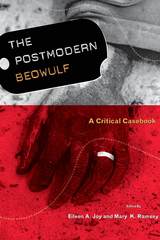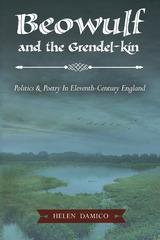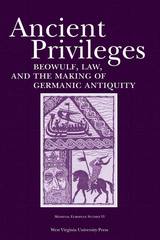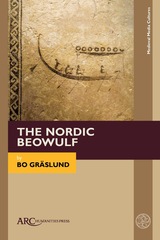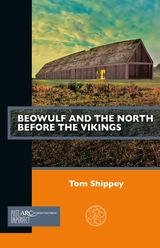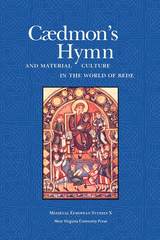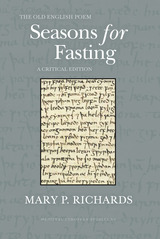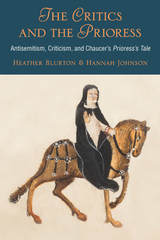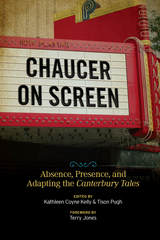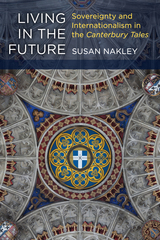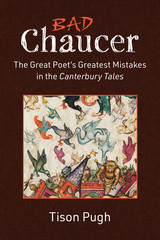ANCIENT PRIVILEGES: "BEOWULF,LAW, AND THEMAKING OF GERMANIC ANTIQUITY"
West Virginia University Press, 2006
Paper: 978-0-937058-98-5 | eISBN: 978-1-938228-06-3 (ePub) | eISBN: 978-1-935978-33-6 (PDF)
Library of Congress Classification PR1586.J87 2006
See other books on: Beowulf | Criticism, Textual | Editing | Epic poetry, English (Old) | Law and literature
See other titles from West Virginia University Press
Paper: 978-0-937058-98-5 | eISBN: 978-1-938228-06-3 (ePub) | eISBN: 978-1-935978-33-6 (PDF)
Library of Congress Classification PR1586.J87 2006
ABOUT THIS BOOK | AUTHOR BIOGRAPHY | REVIEWS | TOC
ABOUT THIS BOOK
One of the great triumphs of nineteenth-century philology was the development of the wide array of comparative data that underpins the grammars of the Old Germanic dialects, such as Old English, Old Icelandic, Old Saxon, and Gothic. These led to the reconstruction of Common Germanic and Proto-Germanic languages. Many individuals have forgotten that scholars of the same period were interested in reconstructing the body of ancient law that was supposedly shared by all speakers of Germanic. Stefan Jurasinski's Ancient Privileges: Beowulf, Law, and the Making of the Germanic Antiquity recounts how the work of nineteenth-century legal historians actually influenced the editing of Old English texts, most notably Beowulf, in ways that are still preserved in our editions. This situation has been a major contributor to the archaizing of Beowulf. In turn, Jurasinski's careful analysis of its assumptions in light of contemporary research offers a model for scholars to apply to a number of other textual artifacts that have been affected by what was known as the historische Rechtsschule. At the very least, it will change the way you think about Beowulf.
See other books on: Beowulf | Criticism, Textual | Editing | Epic poetry, English (Old) | Law and literature
See other titles from West Virginia University Press
